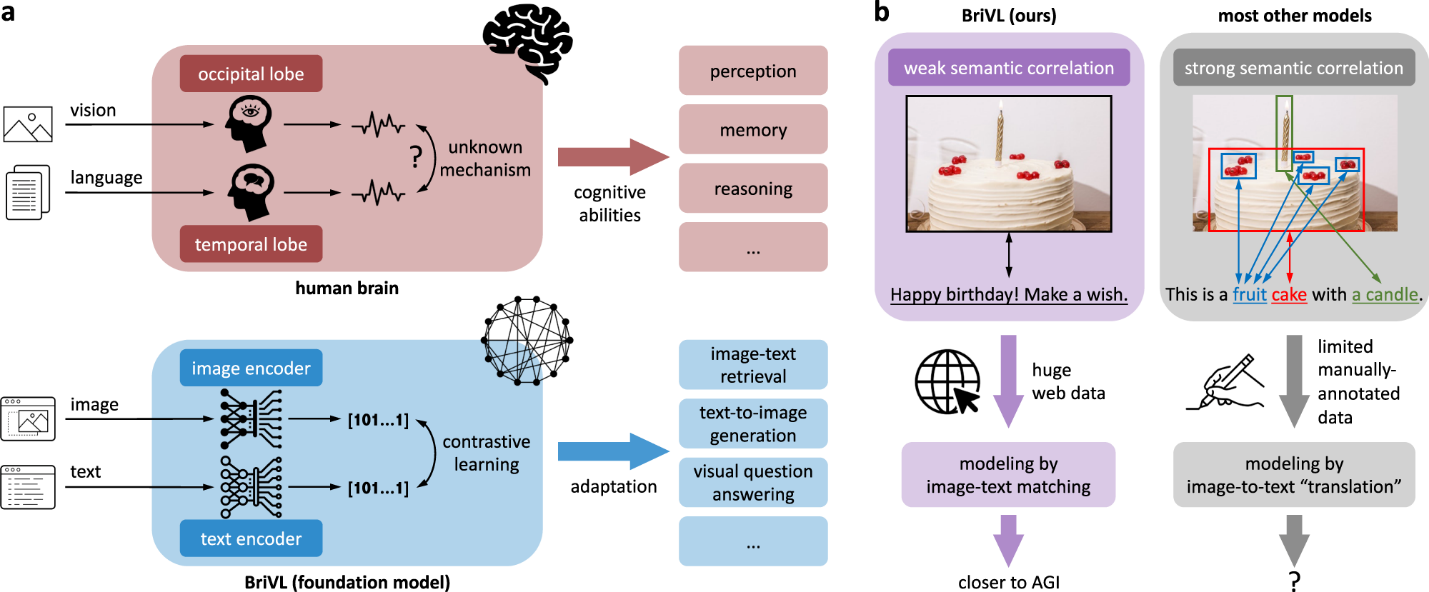Introduction
Artificial General intelligence (AGI) is the stuff of science fiction fever dreams, dystopian novels, and Elon Musk’s Twitter rants. It is the idea of creating machines that can perform any intellectual task that humans can, or even better.

But how realistic is this vision? How far are we from achieving AGI, and what are the challenges and opportunities along the way?
In this article, we will explore the current state and future prospects of AGI, and what it means for humanity and the world.
What is AGI?
AGI is the ultimate goal of artificial intelligence research, and the dream of many sci-fi fans and writers. It is the idea of creating machines that can think, learn, and create across different domains and contexts, just like humans can.
It would not only be able to solve specific problems, but also to reason, understand, communicate, and invent. AGI would be truly intelligent, autonomous, and adaptable.

AGI is also known as strong AI, full AI, human-level AI, or general intelligent action. However, some academic sources reserve the term “strong AI” for computer programs that experience sentience or consciousness.
In contrast, weak AI (or narrow AI) is able to solve one specific problem but lacks general cognitive abilities.
Recent developments and findings in AGI research
There are several approaches and methods to pursue AGI, such as symbolic, sub-symbolic, hybrid, evolutionary, developmental, and integrative. There is no consensus on which approach is the best or the most promising, and different approaches may have different advantages and disadvantages.
Some of the recent breakthroughs in AGI research are:
Large language models (LLMs):
LLMs are deep-learning models that can generate natural language texts based on a given input or prompt.
They are trained on massive amounts of text data from various sources, such as books, websites, social media, and news articles.
For example, ChatGPT is a LLM that can write realistic dialogues for various scenarios, such as customer service, dating, and gaming.
AlphaGo and AlphaZero:
AlphaGo and AlphaZero are computer programs developed by DeepMind, a subsidiary of Google, that can play the board games Go and chess, respectively.
They use a combination of deep neural networks and reinforcement learning to learn from their own experiences and improve their performance.
AlphaGo made history in 2016 by defeating Lee Sedol, one of the world’s best Go players, in a five-game match.
AlphaZero surpassed AlphaGo in 2017 by learning to play Go, chess, and shogi (Japanese chess) from scratch, without any human guidance or prior knowledge.
What is Artificial General Intelligence (AGI)and Why Should You Care? – techovedas
Gato:
It is a computer program developed by XIX.ai, a Moscow-based AI research company, that can play the ancient Chinese game Gomoku, also known as Five in a Row.
Gato uses a novel approach called generative adversarial networks (GANs), which consist of two neural networks that compete with each other: a generator that creates new game scenarios, and a discriminator that evaluates them.
Gato achieved superhuman performance in Gomoku in 2020, beating the previous world champion program Yixin by a large margin.
What does the numbers say about AGI research?
AGI research is a relatively young and emerging field, and there is limited and scattered data on its status and trends. However, some sources provide some statistics or quantitative data on AGI research, such as:
The AGI Survey:
The AGI Survey is a global survey of AGI researchers and experts, conducted by the Center for Human-Compatible AI at the University of California, Berkeley, in 2016 and 2018. The survey aims to collect and analyze the opinions and predictions of Artificial General Intelligence(AI) researchers on various aspects of AGI.

The survey results show that the median estimate of the probability of achieving human-level AGI by 2030 is 10%, by 2050 is 50%, and by 2100 is 90%.
Read More: What is Artificial General Intelligence (AGI) : Possibilities & Danger – techovedas
The AGI Landscape:
The AGI Landscape is a global mapping of Artificial General Intelligence(AI) research and development projects, conducted by the AGI Laboratory in 2020. Moreover, the mapping aims to identify and categorize the active AGI projects around the world, based on their goals, methods, and progress.
Active AGI projects span 37 countries, with the majority situated in the United States, China, and Europe. Additionally,there are a total of 72 such projects worldwide, as indicated by the mapping results.The mapping also shows that the most common methods used by AGI projects are deep learning, symbolic systems, and hybrid systems.
The AGI Index:
The AGI Index is a global indicator of the progress and impact of AGI research and development, proposed by the AGI Society in 2020. The index aims to measure and track the performance and influence of AGI systems on various tasks and domains, based on a set of criteria and metrics. The index is still under development and has not been officially launched yet.
Gaps in the Research
AGI research is still in its infancy and faces many challenges and open questions.
Theoretical foundations and models of AGI: There is a lack of a unified and comprehensive theory and model of AGI, that can explain and predict the behavior and capabilities of AGI systems, as well as guide their design and evaluation.

Data and resources for AGI: There is a scarcity and imbalance of data and resources for AGI, especially for domains and tasks that require high-level cognition, such as reasoning, understanding, and creativity.
Evaluation and benchmarking of AGI: There is a lack of a standard and comprehensive evaluation and benchmarking framework for AGI, that can measure and compare the performance and impact of Artificial General Intelligence(AI) systems on various tasks and domains.
Conclusion
So, will we soon be worshipping our smart refrigerators? Only time will tell. But one thing’s for sure: the pursuit of AGI is a fascinating, complex, and ethically fraught journey. We need to approach it with both curiosity and caution, fostering open dialogue and collaboration among scientists, policymakers, and the public.
“The question of whether machines can think is about as relevant as the question of whether submarines can swim.” – Edsger W. Dijkstra
Because whether AGI becomes our savior or our downfall might just depend on the choices we make today.




